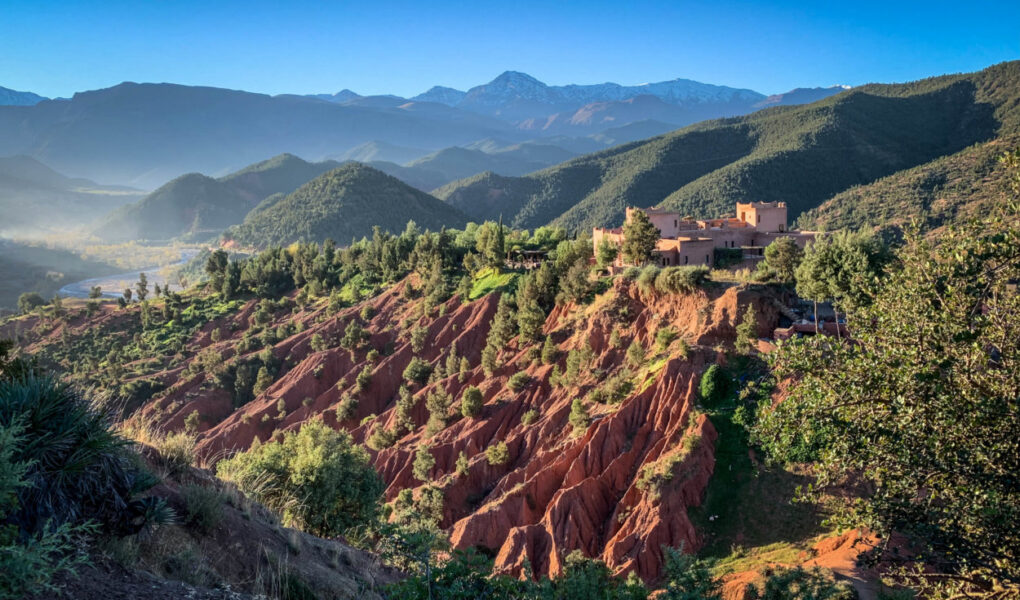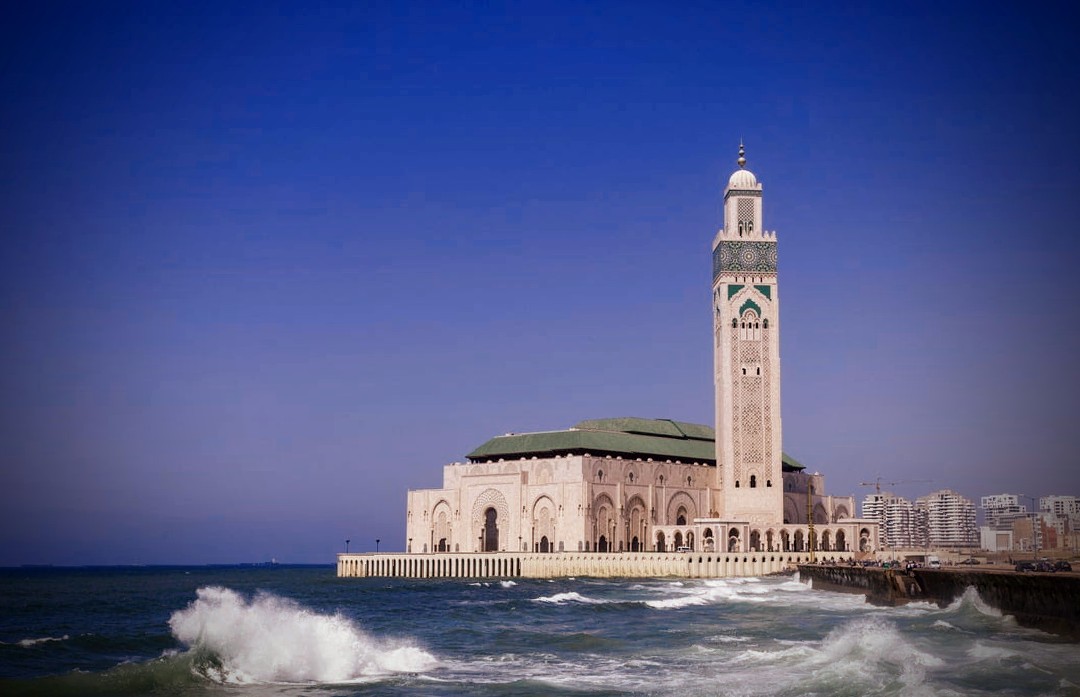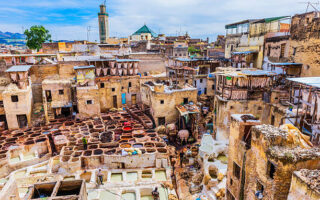Hiking in the Atlas Mountains is a wonderful way to experience Morocco’s natural beauty and stunning landscapes. The Atlas Mountains offer a variety of hiking trails, ranging from easy walks to more challenging treks, catering to hikers of different skill levels and interests. Here are some tips and suggested hiking areas in the Atlas Mountains:
1. Choose Your Region: The Atlas Mountains are divided into three main ranges: the High Atlas, the Middle Atlas, and the Anti-Atlas. The High Atlas is the most popular for hiking, with several peaks over 4,000 meters (13,000 feet). The Toubkal National Park, home to Mount Toubkal, North Africa’s highest peak, is a highlight for many hikers. The Middle Atlas is known for its cedar forests and lakes, while the Anti-Atlas offers a more rugged and remote experience.
2. Prepare for the Hike: Before you set off on your hike, make sure you are well-prepared. This includes checking the weather forecast, packing appropriate clothing, sturdy hiking shoes, plenty of water, snacks, a first aid kit, a map, and a compass or GPS device.
3. Guided vs. Self-Guided: While experienced hikers might prefer self-guided treks, it’s recommended to hire a local guide for more challenging or remote hikes. Local guides are knowledgeable about the area, can assist with navigation, and can enhance your experience with cultural insights.
4. Toubkal Summit Trek: The trek to the summit of Mount Toubkal (4,167 meters or 13,671 feet) is the most popular and challenging hike in the High Atlas. It typically takes two to three days to complete. You’ll pass through beautiful valleys, Berber villages, and reach the mountain refuge before summiting. The views from the top are breathtaking.
5. Ourika Valley: For a less challenging hike, the Ourika Valley, located close to Marrakech, offers beautiful walks with stunning waterfalls, traditional Berber villages, and terraced fields.
6. Imlil Valley: Imlil is a starting point for many Atlas Mountain treks, including the Toubkal Summit trek. It’s a charming village surrounded by orchards and provides a glimpse into Berber mountain life.
7. M’goun Massif: For those seeking a longer and more remote hike, consider the M’goun Massif trek. The M’goun Peak (4,071 meters or 13,356 feet) is the second-highest peak in the High Atlas and offers a challenging multi-day hike.
8. Respect Local Culture: While hiking in the Atlas Mountains, be respectful of the local culture and customs. Always ask for permission before taking photos of people and their homes, and dress modestly, especially when passing through villages.
Whether you’re an experienced trekker or a novice hiker, exploring the Atlas Mountains offers a unique and unforgettable experience. The breathtaking landscapes, traditional Berber hospitality, and the sense of adventure will make your hiking trip in Morocco truly special.




